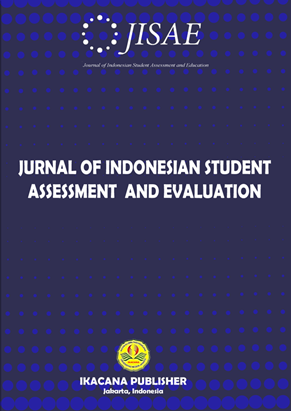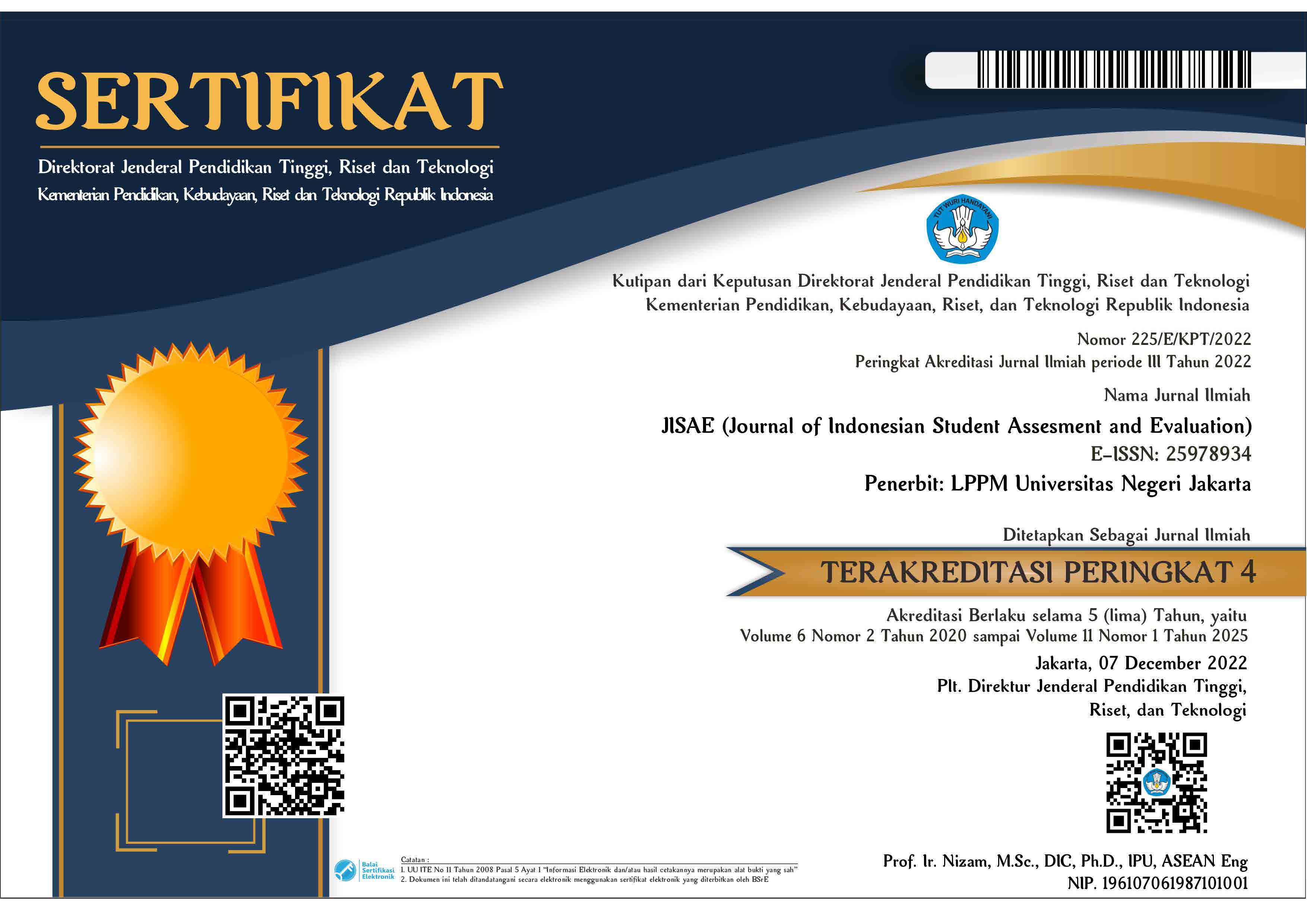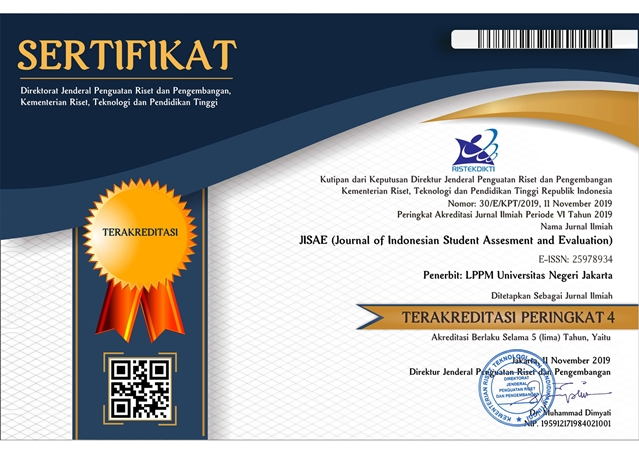PROGRAM FOR INTERNATIONAL STUDENT ASSESSMENT (PISA) ANALYSIS OF ASIAN COUNTRIES USING K-MEAN CLUSTERING ALGORITHMS
DOI:
https://doi.org/10.21009/jisae.v8i1.25445Keywords:
Clustering Analysis, Program for International Student AssessmentAbstract
The Organization for Economic Co-operation and Development (OECD) report shows that there are still some Asian countries at the lowest level in terms of achieving the Program for International Student Assessment (PISA) such as the Philippines, Lebanon, Indonesia, Kazakhstan, Azerbaijan, and Saudi Arabia. Based on these problems, it is necessary to group countries in Asia based on PISA indicators so that the characteristics of each country can be known through the k-mean clustering algorithm method. The data in this study are secondary data from the 2018 PISA results which include variables in reading, mathematics, and science. The sample in this study were Asian countries that participated in PISA in 2018 totaling 17 countries. Based on the results of clustering, there are 3 clusters formed, namely, cluster 1 is China and Singapore, which are countries with PISA capabilities above average. Cluster 2 is a cluster consisting of Malaysia, Brunei Darussalam, Qatar, Saudi Arabia, Thailand, Azerbaijan, Kazakhstan, Indonesia, Lebanon, and the Philippines with below-average PISA acquisition. Whereas in cluster 3 it is a cluster consisting of countries with medium capabilities in PISA acquisition such as Macau, Hong Kong, Korea, Japan, and China-Taipei.











